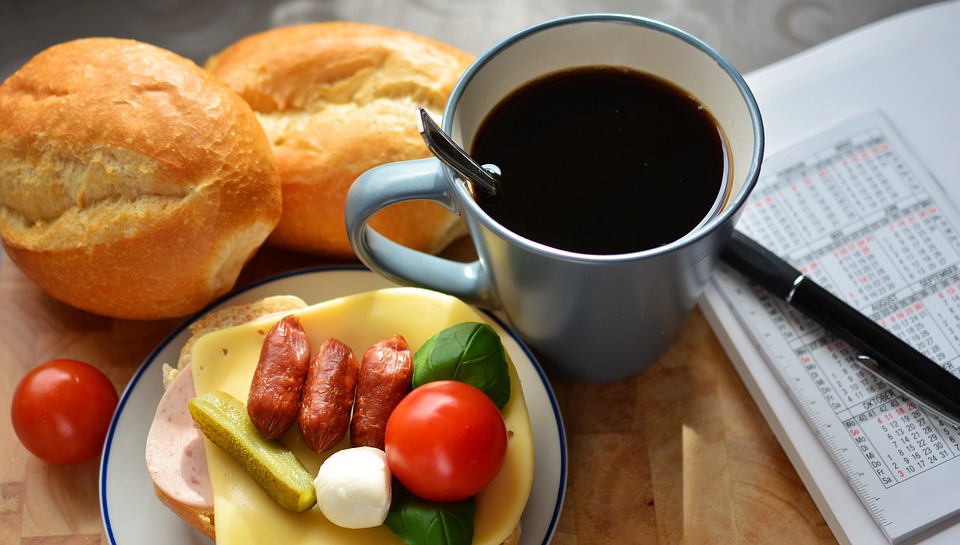How many times have you thought about the importance of afternoon snacks for seniors? People tend to think that midday snacks are “just for kids.” However, snacks for adults and especially seniors can be a valuable aid in avoiding sudden drops in blood sugar levels and hunger pangs before an evening meal. Besides, they can also help control weight by activating the metabolism that converts ingested food into energy. Snacks should cover at least 5-10% of the daily calorie intake, depending on each person’s physicality and needs, but what foods should be chosen as the right snacks for the elderly?
First of all, it is recommended that you consult a doctor who specializes in nutrition. The doctor will suggest the proper diet for the elderly, considering their physique and nutritional requirements. On the other hand, if the older person you are caring for does not suffer from any particular illness, or if you would like to participate in the cooking process actively and try out some recipes, here are some easy and super quick recipes you can try:
1) Fresh Vegetables
Vegetables are simple food, but they are often “shunned” due to lack of time or the hassle of washing and cutting them. When preparing lunch, it is helpful always to have fresh vegetables neatly cut and stored in the refrigerator beforehand. In this way, the elders won’t have problems cutting them, and they can also consume it as it is.
2) Yoghurt
Yogurt is essential for the intestinal flora and is recommended for the elderly. It is also great for people with teeth and gum problems because it does not require chewing. Moreover, it provides calcium, contains more minerals than milk (calcium, magnesium, potassium, phosphorus, and zinc), and contains probiotic bacteria that promote the natural regularity of the intestines.
3) Herbal Tea With Rusks
Herbal tea with rusks is a timeless classic. Unlike black tea, herbal tea does not contain caffeine, so that it won’t affect the elders’ sleeping schedule. It also allows the elderly, who often do not need to drink, to stay hydrated. Besides, the rusks, two or three at most and do not weigh much, will also help the elderly avoid binge eating at dinner time.

4) Fruit Smoothies
Like vegetables, fruits are simple foods that require minimal preparation. Unlike vegetables, cut fruits are prone to spoilage. You can prevent spoilage by adding a few drops of lemon to freshly cut fruits, plus a little sugar to remove the acidity of the lemon. You can also make smoothies with your favorite fruits and keep them in the fridge to drink in the afternoon. Always choose fruits that are in season to maximize the flavor of your smoothies.
5) Dried Fruits
Dried fruits include walnuts, cashews, hazelnuts, peanuts, and pine nuts. Scientific nutrition research has focused on the correlation between dried fruits and their effects on the body. Dried fruits are rich in unsaturated fatty acids, fiber, vitamins, and protein, which can help prevent the onset of cardiovascular disease and cancer. The recommended daily intake is up to 30 grams. However, it is not recommended for diabetics or those with digestive problems.
6) Oatmeal
Oatmeal can be eaten as breakfast or as a tasty snack. It is high in fiber, filling, affordable, and easy to chew, making it a good choice for the elderly. Oatmeal can be sprinkled with a small amount of spirulina or moringa powder to create a colorful and nutritious meal.

7) Celery with Nut Butter
Celery is often seen as a forgotten vegetable, but its many health and healing benefits make it a healthy and easy snack. Celery is a low-calorie snack rich in vitamin C, vitamin K and contains cancer-fighting flavonoids. For a more balanced snack, combine celery with “healthy fats” such as nut butter, natural peanut butter, almond butter, or sunflower butter.
When choosing a nut butter, look carefully at the list of ingredients and look for a small list of just nuts and salt. Many long-life nut butter contains additives, preservatives, and trans fats. As a rule of thumb, you should choose nut butter that requires refrigeration to avoid additives that are not good for the health of older people.
What do you usually prepare as snacks for the seniors in your family? Let us know in the comments below!







